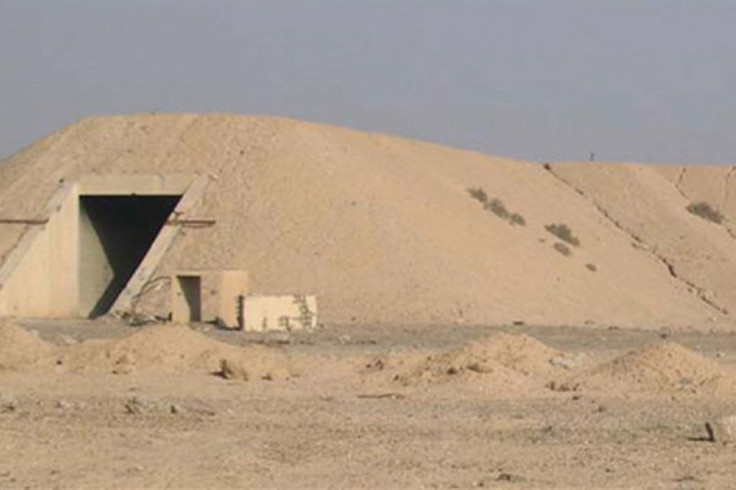ISIS Captures Iraqi Chemical Weapons Facility

The Wall Street Journal reported Thursday that fighters from the Islamic State of Syria and Iraq (ISIS), a radical militant organization that now controls broad swathes of Iraqi territory, has captured a chemical weapons facility in the city of Muthanna, located 45 miles (70 km) northwest of the capital Baghdad.
Housing stockpiles of sarin, mustard gas and VX, Muthanna emerged as Saddam Hussein’s most important chemical weapons facility during the 1980s, a decade during which Iraq fought a brutal war against neighboring Iran. But in the following decade, agents from the United Nations Special Commission confirmed that Muthanna’s chemical weapons stores were dismantled and safely stored.
In a written statement, U.S. State Department spokesperson Jen Psaki said that the Obama administration “does not believe that the complex contains Chemical Weapons materials of military value and it would be very difficult, if not impossible, to safely move the materials.”
Nevertheless, the capture by the radical Sunni group of the facility exemplifies the risks inherent in Iraq, where the Shia-led government of Nouri al-Maliki has lost control of much of the northern part of the country. This collapse of central order has left Iraqi assets vulnerable to violent seizure; in Mosul, a city of 3.8 million captured last week, ISIS fighters reportedly seized the equivalent of $450 million from the city’s banks. The situation in neighboring Syria, where a civil war has smoldered for three years, has also contributed to the instability.
The probability that ISIS will obtain chemical weapons in Iraq is low. Jean Pascal Zanders, a chemical weapons expert at The Trench, a Belgium-based consultancy, described the difficulties of manufacturing large amounts of chemical weapons.
“It’s one thing to develop agents in a laboratory, but it’s another to produce them on a large scale,” he said.
The ISIS seizure of Muthanna also has symbolic importance for the United States, which justified its 2003 invasion of Iraq in part on Saddam Hussein’s refusal to give up Iraq’s stockpile of weapons of mass destruction. Bush administration officials warned in the lead-up to the invasion that, if left in power, Hussein could give these weapons to groups like al Qaeda, which was responsible for the September 11, 2001, attacks.
© Copyright IBTimes 2025. All rights reserved.






















